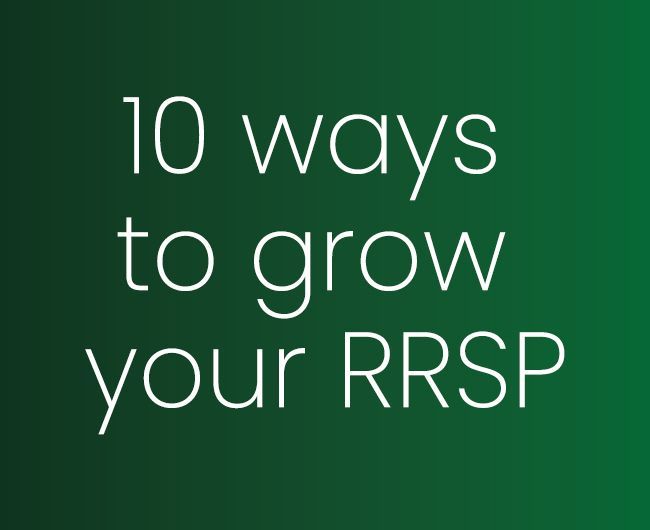The pandemic has had a significant and widespread impact on many Canadians, affecting financial, physical, and emotional wellbeing.
It’s easy to become anxious during these trying times, but anxiety is a destructive response to life’s difficulties.
People use the terms “worry,” “stress” and “anxiety” interchangeably, but there are distinctions. Worry comes about when your mind fixates on negative thoughts, potential dangers, or undesirable outcomes. “Worriers” tend to occupy their minds with new worries once an existing worry has been addressed. Meanwhile, stress is a negative physiological response to a particular trigger, such as delivering a speech or writing an exam. Signs of stress on the body include sweating, rapid heart rate, and laboured breathing.
Anxiety is a collective response to deep fear and uncertainty. Since it arises when facing both worry and stress, anxiety affects both the mind and body.
If episodes of anxiety are short-lived, they can motivate people to take action and stay safe. However, acute or chronic anxiety can be damaging as it interferes with how we think, function, and interact with the world.
Understand how you respond to anxiety
Fortunately, you can manage your anxious mind. Before we look at ways to handle anxiety, take a moment to gain awareness of how anxiety affects you. Reflect on past moments of anxiety and answer the following questions:
- Do you become anxious easily or often?
- Are there patterns as to what situations or events trigger your anxiety?
- What are your specific mental, emotional and physical responses to anxiety?
- How do you deal with anxiety? Do you know what usually works and what worsens your anxiety?
It’s important to know that everyone gets anxious sometimes – it’s human nature! Equally important is recognizing anxiety and managing it effectively.
Take control of anxiety
Here are three simple practices* to help you unwind your anxious mind and live your best life.
1. Stay in the present
Dwelling on fears, dangers and uncertainty may trigger anxiety. If you find yourself getting anxious, free your mind from this trap by focusing on the present. Let your senses take over and calm your nervous system with the “3x3” method: stop obsessing about the future, become aware of your surroundings, and note three things you see right now and three things you hear. Mindfulness exercises help you shift focus from the source of anxiety to your immediate surroundings, which may disrupt anxiety-inducing thoughts.
Another variation of mindfulness is the “5-4-3-2-1” technique. Quietly observe your surroundings. Identify five things you see, four things you physically feel, three things you hear, two things you smell, and one thing you can taste.
2. Deep breathing
We tend to breathe faster and more shallow when anxious, so take slower, deeper breaths to soothe your frazzled nervous system and relax your mind and body. Try these exercises to promote deliberate deep breathing:
- 5x5 deep belly breath: Inhale for a count of five. Exhale for a count of five. Do this for one minute or for as long as it takes to help
- 4-7-8 calming breath: Inhale for a count of four, hold for a count of seven and exhale slowly for a count of eight. Continue for four breath cycles before returning to your natural breathing rhythm
3. Savour the wins
Focusing on the negative is counterproductive and a sure way to develop an anxious mind. Gain a healthier perspective by celebrating the positives in your life. Get into the habit of recalling what went well during the day. This simple but powerful action will help shift your attitude from dreading the future to recognizing that life is going better than you feared. If you list the day’s positive moments as you’re going to bed each night, you may sleep more soundly and awaken more refreshed and optimistic, ready to tackle the day’s challenges.
If you’re interested in learning more about anxiety and how to cope with it, Anxiety Canada is a valuable online resource.
* Source: The WiseMind Co., a mindfulness-based consulting & development firm.
Investment Planning Counsel



